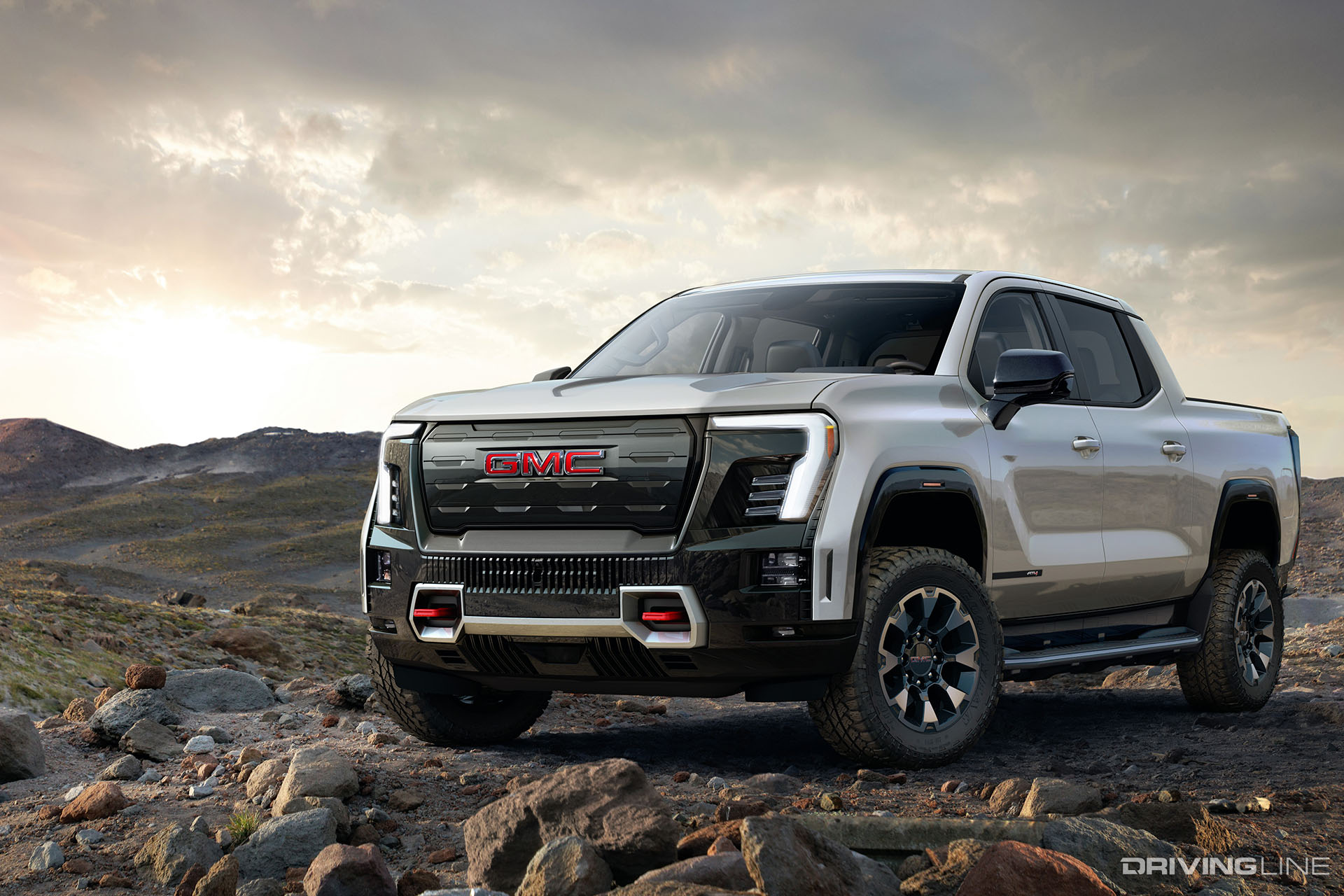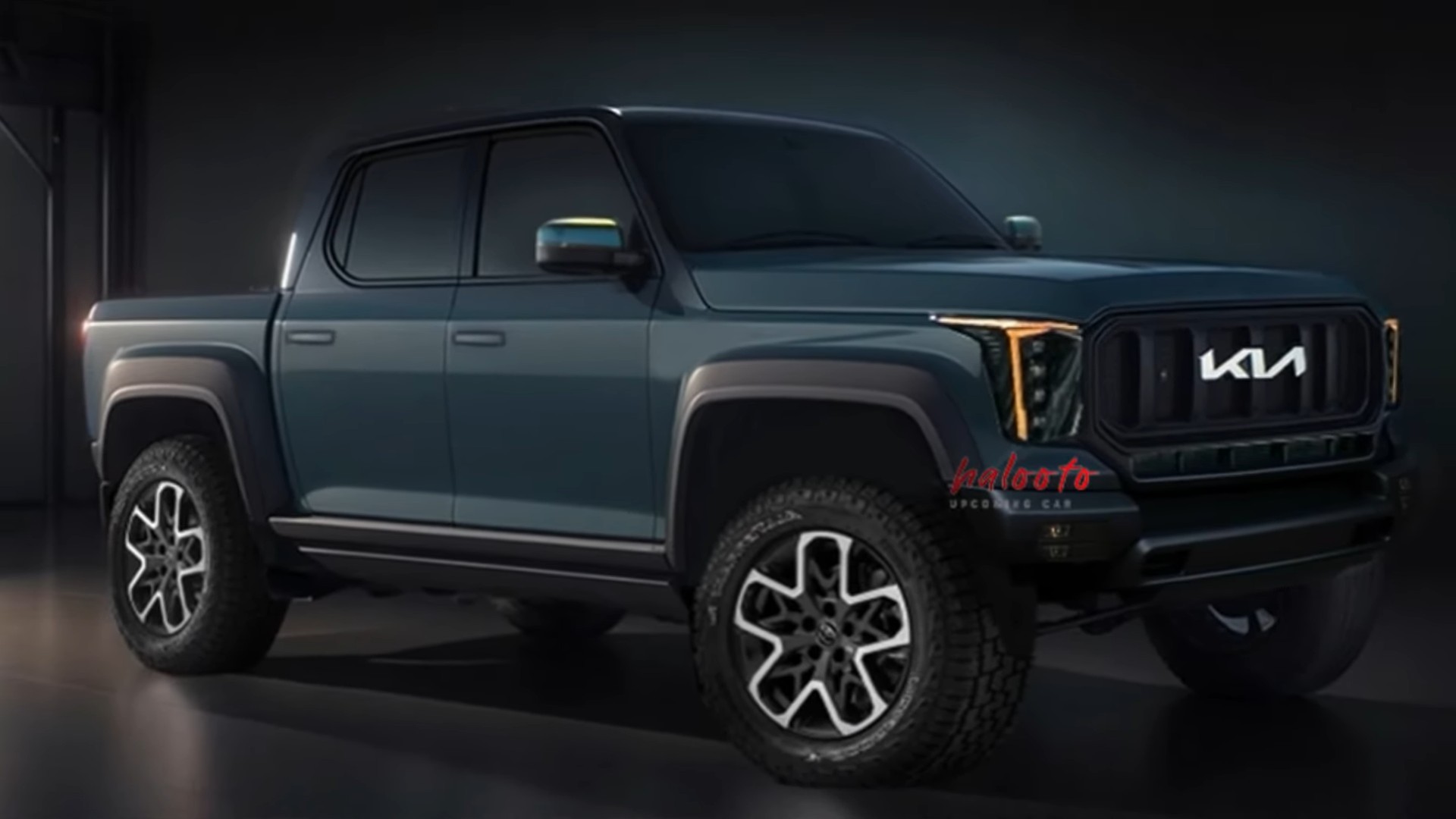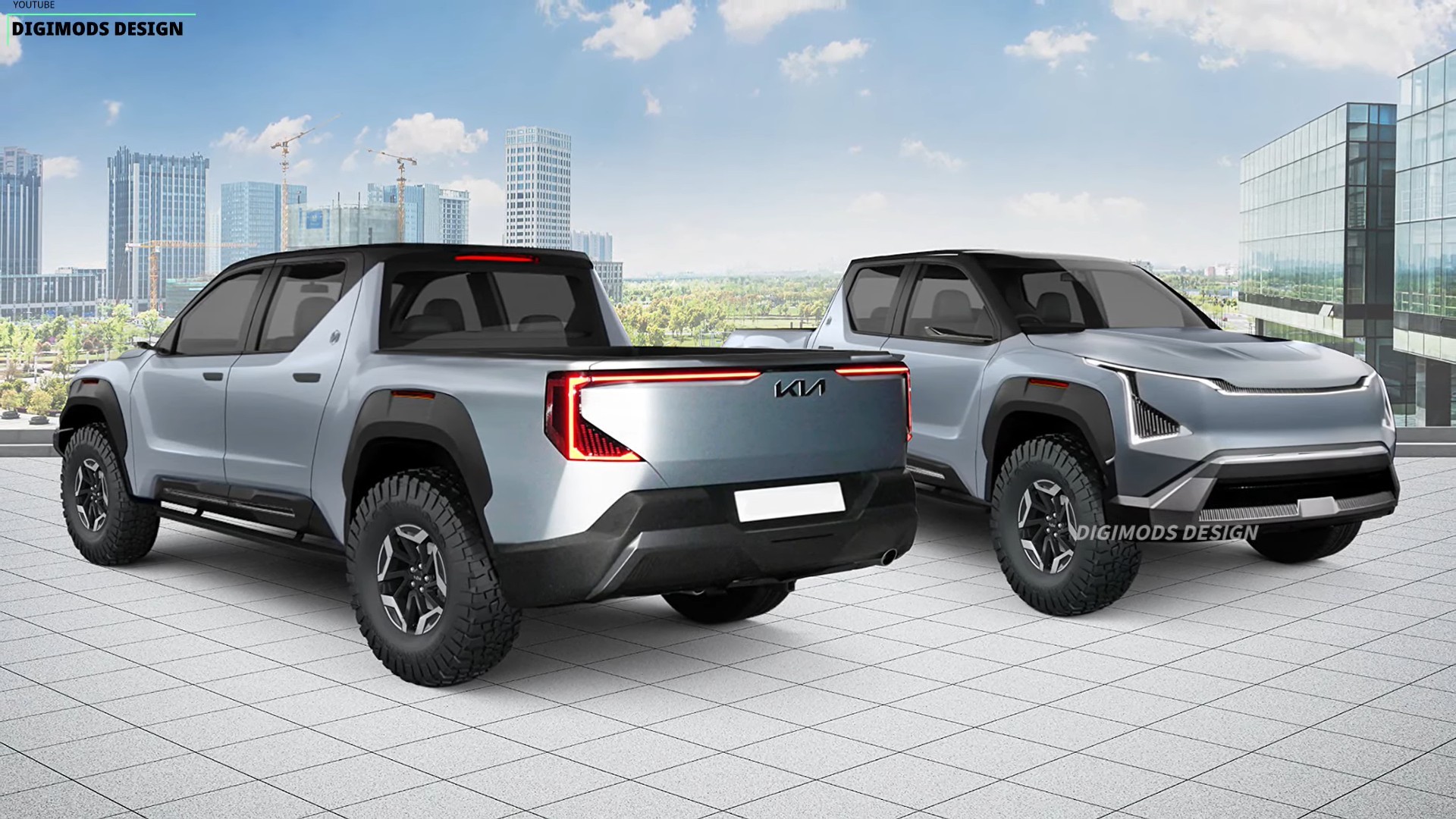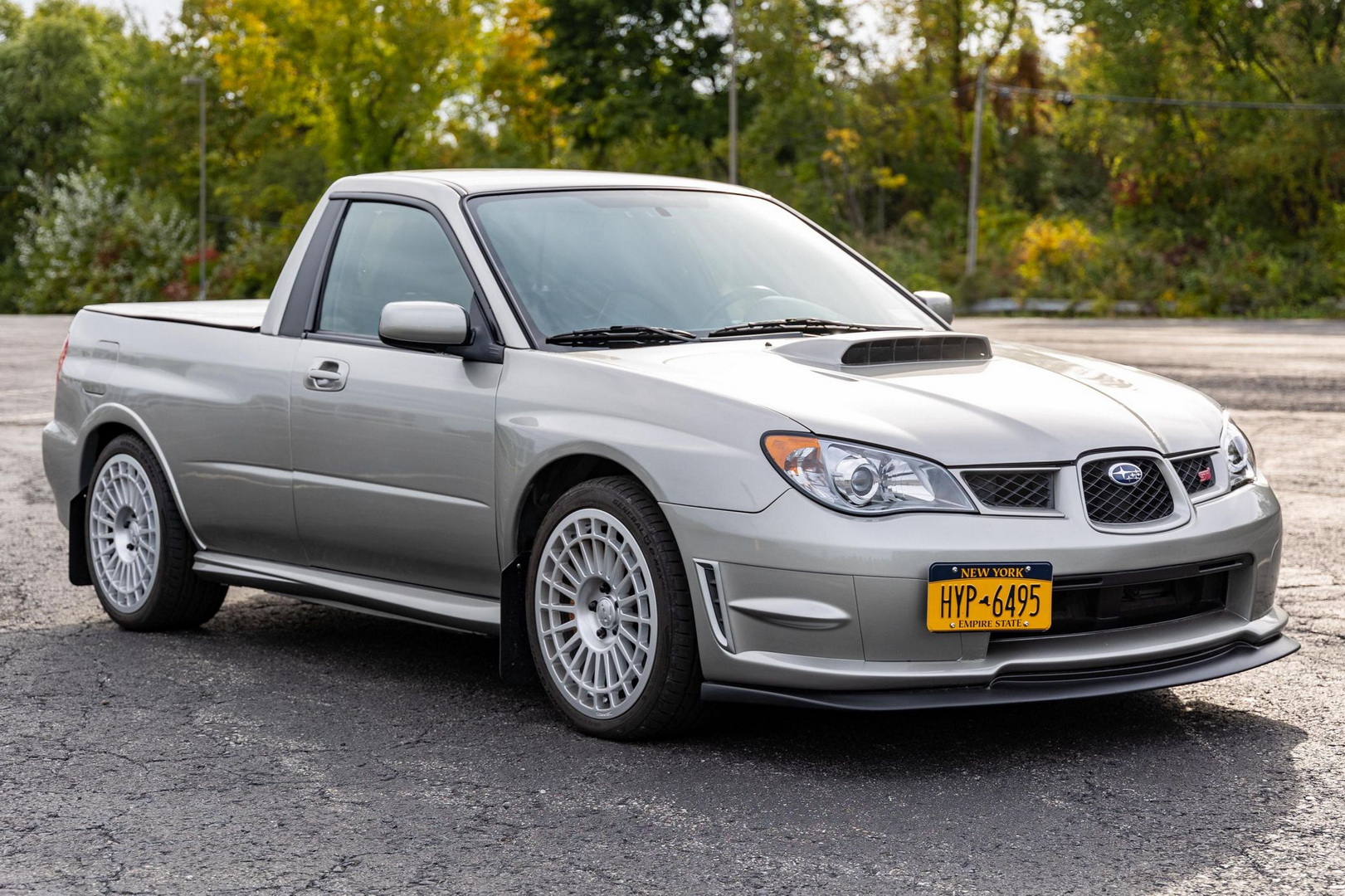Pickup Trucks Hire: Your Ultimate Guide to Renting the Right Rig pickup.truckstrend.com
In a world where flexibility and efficiency are paramount, the ability to access specialized tools and vehicles without the burden of ownership is a significant advantage. Among these, the option of "Pickup Trucks Hire" stands out as an incredibly versatile and practical solution for a myriad of personal and professional needs. Whether you’re tackling a major home renovation, moving a loved one, transporting equipment for a business, or embarking on an outdoor adventure, a rented pickup truck offers the power, capacity, and ruggedness often missing from standard passenger vehicles.
This comprehensive guide aims to demystify the process of hiring a pickup truck, providing you with all the essential information, practical advice, and insights to ensure a smooth, cost-effective, and successful rental experience. We’ll delve into why you might need one, what types are available, the step-by-step process of hiring, crucial considerations, and even provide a general pricing overview and a helpful FAQ section.
Pickup Trucks Hire: Your Ultimate Guide to Renting the Right Rig
Why Choose a Pickup Truck for Hire? Unlocking Versatility and Efficiency
The decision to hire a pickup truck, rather than purchasing one or struggling with an unsuitable vehicle, is driven by a compelling combination of benefits:
- Unmatched Versatility: Pickup trucks are the Swiss Army knives of the automotive world. Their open bed design allows for easy loading and transport of bulky, irregularly shaped, or dirty items that wouldn’t fit inside an SUV or sedan. From lumber and appliances to landscaping materials and furniture, a pickup can handle it all.
- Superior Hauling and Towing Capacity: Designed with robust frames and powerful engines, pickup trucks excel at carrying heavy payloads in their beds and towing substantial loads behind them. This is invaluable for construction materials, large equipment, trailers, boats, or even other vehicles.
- Cost-Effectiveness Over Ownership: Owning a pickup truck comes with significant expenses: purchase price, insurance, maintenance, fuel, and depreciation. For sporadic or temporary needs, hiring a truck eliminates these long-term costs, providing access to capability only when you need it, often for a fraction of the price.
- Access to Specific Capabilities: Perhaps you need a 4×4 for a challenging terrain project, or a heavy-duty truck for a particularly large load. Rental fleets often offer a range of specialized trucks that you might not otherwise have access to, allowing you to select the perfect tool for the job.
- Flexibility and Convenience: Rental periods can range from a few hours to several weeks or even months, offering unparalleled flexibility to match your project timeline. You can pick up a truck precisely when you need it and return it once the task is complete, without worrying about storage or ongoing expenses.

Common Use Cases for Hired Pickup Trucks
The utility of a hired pickup truck extends across a wide spectrum of scenarios, making it an indispensable asset for various individuals and businesses:
- Home Renovations & DIY Projects: Transporting lumber, drywall, tiles, tools, and debris to and from hardware stores or project sites.
- Moving Furniture & Appliances: Ideal for small-scale moves, picking up new furniture purchases, or helping friends and family relocate. The open bed simplifies loading cumbersome items.
- Landscaping & Yard Work: Hauling bags of soil, mulch, rocks, large potted plants, or disposing of yard waste and tree trimmings.
- Commercial & Construction Needs: Businesses, especially small contractors or those undertaking temporary projects, can use hired pickups to transport tools, materials, equipment, and supplies to job sites without investing in a dedicated fleet.
- Event Setup & Logistics: Moving event equipment, stage props, signage, or catering supplies for festivals, markets, or private functions.
- Outdoor Adventures (Specific Cases): While less common for general tourism, some might hire a truck for specific purposes like transporting ATVs, dirt bikes, or bulky camping gear to remote locations.
- Temporary Business Expansion/Surge: During peak seasons or when taking on a new contract, businesses can temporarily expand their transport capacity by hiring additional pickup trucks.


Types of Pickup Trucks Available for Hire
Rental companies typically offer a range of pickup truck sizes and configurations to suit different requirements. Understanding these options will help you select the most appropriate vehicle:
-
By Size:
- Compact/Mid-Size Pickups (e.g., Ford Ranger, Toyota Tacoma, Nissan Frontier): These are smaller, more fuel-efficient, and easier to maneuver, especially in urban environments. They are suitable for lighter loads, smaller moves, or personal use where a full-size truck might be overkill.
- Full-Size Pickups (e.g., Ford F-150, Ram 1500, Chevrolet Silverado 1500): This is the most common category available for hire. They offer a good balance of payload capacity, towing capability, and often more comfortable cabs. Ideal for most moving tasks, general construction, and larger DIY projects.
- Heavy-Duty Pickups (e.g., Ford F-250/350, Ram 2500/3500, Chevrolet Silverado 2500/3500): Designed for serious work, these trucks boast significantly higher payload and towing capacities. They are typically hired for commercial applications involving very heavy equipment, large trailers, or extensive construction projects.
-
By Configuration:
- Regular Cab (Single Cab): Features two doors and seating for two or three passengers, with the longest available bed length for its size class. Best for maximizing cargo space.
- Extended Cab (SuperCab, Quad Cab, Double Cab): Offers a small rear seating area (often with smaller, rear-hinged doors) and a medium-length bed. Provides a bit more passenger space while retaining decent cargo capacity.
- Crew Cab (SuperCrew, CrewMax): Features four full-size doors and spacious rear seating, making it comfortable for four or five passengers. The trade-off is typically a shorter bed length. Ideal when you need to transport both people and cargo.
-
By Drivetrain:
- 2WD (Two-Wheel Drive): Most common and generally sufficient for paved roads and light-duty hauling. More fuel-efficient.
- 4WD (Four-Wheel Drive): Essential for off-road conditions, muddy construction sites, or driving in snow/ice. Offers enhanced traction and capability but consumes more fuel.
How to Hire a Pickup Truck: A Step-by-Step Guide
Hiring a pickup truck is a straightforward process, but following these steps will help ensure you get the right vehicle and avoid any surprises:
Step 1: Determine Your Needs
- What are you hauling? (e.g., furniture, lumber, gravel, equipment)
- How much does it weigh? (Estimate payload requirements)
- How much space do you need? (Bed length, cab configuration)
- Will you be towing? If so, what is the weight of the trailer/item? (This impacts the truck size and requires a hitch).
- How long do you need it? (Hourly, daily, weekly, monthly)
- What terrain will you be on? (Paved roads, off-road, slippery conditions – determines 2WD vs. 4WD)
Step 2: Research Rental Companies
- Major National Chains: Companies like U-Haul, Enterprise Truck Rental, Budget Truck Rental, Ryder, Penske, and Hertz often have large fleets and multiple locations. They are good for one-way rentals.
- Local Independent Rental Agencies: May offer more personalized service, unique truck options, or competitive pricing, but often have fewer locations.
- Compare Reviews: Check online reviews for customer service, vehicle condition, and transparency of pricing.
Step 3: Check Requirements
- Driver’s License: A valid, non-provisional driver’s license is essential.
- Age Requirements: Most companies require drivers to be 21 or 25 years old. Drivers under 25 may incur an underage surcharge.
- Payment Method: A major credit card is typically required for booking and a security deposit. Debit cards may be accepted but often come with stricter conditions or require a larger deposit.
- Insurance: Understand your insurance options (see "Important Considerations" below).
Step 4: Book Your Truck
- Online: Most rental companies have user-friendly websites for booking. This is often the quickest way to compare availability and prices.
- Phone: Call the rental company directly to discuss your needs and make a reservation.
- In-Person: Visit a branch to speak with an agent, though it’s always best to book in advance, especially during peak times.
- Specify Details: Clearly communicate the dates, times, desired truck type (e.g., "Full-size crew cab with a long bed and a tow hitch"), and any necessary accessories.
Step 5: Pick Up the Truck
- Documentation: Have your driver’s license, credit card, and reservation details ready.
- Vehicle Inspection: This is crucial. Before driving away, thoroughly inspect the truck for any existing damage (scratches, dents, cracked windshields, tire condition). Take photos or videos of any damage you find and ensure it’s documented on the rental agreement.
- Fuel Level: Note the fuel level and understand the return fuel policy.
- Familiarize Yourself: Take a moment to locate controls for lights, wipers, mirrors, and understand the gear selector, especially if it’s an unfamiliar vehicle type.
Step 6: Use the Truck Responsibly
- Load Limits: Never exceed the truck’s payload or towing capacity. This is unsafe and can lead to fines or vehicle damage.
- Secure Cargo: Use ropes, straps, or tarps to secure your cargo properly. Unsecured loads are dangerous and illegal.
- Drive Safely: Remember you’re driving a larger, heavier vehicle. Allow for more braking distance, wider turns, and be aware of blind spots.
Step 7: Return the Truck
- Fuel Policy: Refuel the truck according to the rental agreement (e.g., full-to-full).
- Cleanliness: Remove any trash or debris from the cab and bed. Some companies charge cleaning fees for excessively dirty vehicles.
- Final Inspection: Do a quick walk-around with a rental agent, if possible, to confirm no new damage occurred during your rental period.
Important Considerations When Hiring a Pickup Truck
Navigating the rental agreement and understanding key terms can save you time and money.
-
Insurance: This is perhaps the most critical consideration.
- Your Personal Auto Insurance: Check if your existing car insurance policy extends coverage to rental vehicles, especially for liability and physical damage to the rental truck. Some policies cover only standard cars, not trucks.
- Credit Card Coverage: Many credit cards offer secondary rental car insurance, which kicks in after your primary insurance. Understand its limitations (e.g., excludes trucks, excludes liability).
- Rental Company Insurance (CDW/LDW, SLI): Rental companies will offer various insurance products:
- Collision Damage Waiver (CDW) or Loss Damage Waiver (LDW): Waives your financial responsibility for damage to the rental truck.
- Supplemental Liability Insurance (SLI): Provides additional liability coverage beyond the state minimums.
- Personal Accident Insurance (PAI) & Personal Effects Coverage (PEC): Covers medical expenses for you/passengers and loss of personal belongings.
- Recommendation: Call your personal insurance provider and credit card company before booking to understand your existing coverage. Purchase additional coverage from the rental company if you are not adequately covered.
-
Fuel Policy:
- Full-to-Full: You pick up with a full tank and return it full. Most common and usually most cost-effective.
- Pre-paid Fuel: You pay for a full tank upfront, regardless of how much you use. Only advisable if you know you’ll use a full tank.
- Rental Company Refills: You return the truck with less than full, and the company refills it, often at an inflated per-gallon price plus a service fee. Avoid this if possible.
-
Mileage Limits:
- Some rentals come with unlimited mileage, especially for daily rentals.
- Others have a per-day or per-rental mileage limit, with extra charges for exceeding it. Be aware of these charges, especially for long-distance trips.
-
Security Deposit: A refundable deposit is typically required to cover potential damages, fuel, or additional charges. Ensure you understand the amount and when it will be refunded.
-
Accessories and Equipment:
- Rental companies often offer add-ons like furniture dollies, hand trucks, moving blankets, tie-down straps, and ramps. Factor these into your budget if needed.
- If you plan to tow, ensure the truck has a suitable hitch receiver and wiring. You may need to rent a hitch ball and mount separately.
-
Towing Capacity: If you’re towing, verify the truck’s specific towing capacity and ensure it exceeds the weight of your trailer and its contents. Also, ensure you have the correct hitch class and wiring.
-
Pickup/Drop-off Locations & Hours: Confirm the exact locations and operating hours for both pickup and return. Some locations may have after-hours drop-off options.
Tips for a Smooth Pickup Truck Hire Experience
- Book in Advance: Especially during weekends, holidays, or peak moving seasons, pickup trucks can be in high demand. Booking well in advance secures your desired vehicle and often a better rate.
- Understand All Terms: Read the rental agreement thoroughly before signing. Ask questions about anything you don’t understand, especially regarding insurance, fuel, and mileage.
- Document Everything: Take photos or videos of the truck’s condition (inside and out, including the bed and tires) before you drive away and after you return it. This is your best defense against unwarranted damage claims.
- Don’t Overload: Know the truck’s payload capacity (usually found on a sticker inside the door jamb) and never exceed it. Overloading is dangerous and can damage the truck’s suspension, tires, and frame.
- Secure Your Cargo: Use appropriate tie-downs, ropes, and tarps to secure all items in the bed. Loose items can shift, cause damage, or fall out, creating hazards for others.
- Familiarize Yourself with the Truck: Before heading out, spend a few minutes adjusting mirrors, understanding controls, and getting a feel for the truck’s size and turning radius, especially if you’re not used to driving larger vehicles.
- Return Clean and Fueled: Adhere to the fuel policy and remove any trash or debris to avoid additional charges.
Potential Challenges and Solutions
While generally straightforward, hiring a pickup truck can present a few hurdles:
- Challenge: Limited Availability or No Specific Truck Type:
- Solution: Book as far in advance as possible. Be flexible with your pickup and drop-off times or even dates. Consider checking multiple rental companies or different branch locations. Sometimes, a smaller local rental shop might have what major chains don’t.
- Challenge: Unexpected Costs on the Bill:
- Solution: The best defense is proactive understanding. Thoroughly read the rental agreement and ask about all potential charges: underage fees, additional driver fees, mileage overage, cleaning fees, fuel surcharges, and insurance costs. Always get a clear breakdown of the total estimated cost before confirming.
- Challenge: Dispute Over Pre-Existing Damage:
- Solution: This is where your thorough photo/video documentation from pickup becomes invaluable. Compare your evidence with the rental company’s records. Always do a walk-around inspection with an agent if possible during both pickup and return.
- Challenge: Difficulty Driving a Larger Vehicle:
- Solution: If you’re unaccustomed to driving a pickup, take it easy. Practice in a parking lot if time permits. Allow extra braking distance, wider turns, and be extra vigilant about blind spots. Use your side mirrors effectively. Avoid tight spaces if possible.
- Challenge: Loading/Unloading Heavy or Awkward Items:
- Solution: Plan ahead. Enlist help from friends or family. Rent equipment like a furniture dolly, hand truck, or ramps if needed. Watch online tutorials for safe lifting and loading techniques.
Pickup Trucks Hire: Estimated Price Table
Please note that these are estimated prices and can vary significantly based on location, rental company, season, demand, specific truck model, included mileage, and insurance choices. Always obtain a direct quote from the rental provider.
| Truck Type | Rental Duration | Estimated Daily Rate (USD) | Estimated Weekly Rate (USD) | Estimated Monthly Rate (USD) | Key Features / Capacity |
|---|---|---|---|---|---|
| Compact/Mid-Size | 4 Hours | $49 – $79 | N/A | N/A | Fuel-efficient, nimble. Good for small loads, personal use. |
| (e.g., Ford Ranger, | Daily | $70 – $120 | $300 – $500 | $900 – $1,500 | Payload: 1,500-1,800 lbs. Towing: 3,500-7,500 lbs. |
| Toyota Tacoma) | Weekly | N/A | N/A | N/A | Usually 2WD, some 4WD options. |
| Full-Size Light-Duty | 4 Hours | $59 – $89 | N/A | N/A | Most common. Versatile for moving, DIY, general hauling. |
| (e.g., Ford F-150, | Daily | $80 – $150 | $350 – $650 | $1,100 – $2,000 | Payload: 1,800-3,000 lbs. Towing: 5,000-13,000 lbs. |
| Ram 1500, Silverado 1500) | Weekly | N/A | N/A | N/A | Available in various cab/bed configurations (single, extended, crew cab). 2WD/4WD options. |
| Heavy-Duty | Daily | $120 – $250+ | $500 – $1,000+ | $1,800 – $3,500+ | For serious towing/hauling, commercial use. Higher fuel consumption. |
| (e.g., Ford F-250, | Weekly | N/A | N/A | N/A | Payload: 3,000-7,500+ lbs. Towing: 10,000-20,000+ lbs. |
| Ram 2500, Silverado 2500) | Monthly | N/A | N/A | N/A | Often 4WD. May require specific driving experience due to size. |
- Notes on Pricing:
- Insurance/Waivers: Not included in these base rates. Expect an additional $20-$50+ per day if purchasing full coverage from the rental company.
- Taxes & Fees: Local taxes, airport surcharges, and various administrative fees will add to the final cost.
- Mileage: Some rates include unlimited mileage, while others have limits (e.g., 100-200 miles/day) with charges for exceeding them (e.g., $0.20 – $0.75 per mile).
- Fuel: Rental rates typically do not include fuel. You are responsible for returning the truck with the agreed-upon fuel level.
- Accessories: Dollies, moving blankets, etc., are usually extra.
- Underage Driver Fees: Drivers under 25 typically incur a daily surcharge (e.g., $20-$35/day).
- One-Way Rentals: These are often significantly more expensive than round-trip rentals due to logistics costs.
Frequently Asked Questions (FAQ) about Pickup Trucks Hire
Q1: What are the age requirements to rent a pickup truck?
A1: Most rental companies require drivers to be at least 21 years old. Drivers under 25 often incur an "underage driver" surcharge. Some heavy-duty trucks may have a minimum age of 25.
Q2: Do I need a special driver’s license to hire a pickup truck?
A2: For most standard light-duty and full-size pickups, a regular valid Class C (or equivalent) driver’s license is sufficient in most regions. However, for very heavy-duty trucks or if you are towing a large trailer that puts your combined vehicle and trailer weight over certain limits, a commercial driver’s license (CDL) or specific endorsements might be required. Always check local regulations and with the rental company if you’re unsure.
Q3: What about insurance for a rental pickup truck?
A3: Your personal auto insurance policy or credit card may offer some coverage, but it’s crucial to confirm the extent of coverage for rental trucks specifically, as policies can differ from cars. Rental companies offer various insurance products (like CDW/LDW, SLI) that can provide peace of mind. It’s highly recommended to have adequate coverage to protect yourself from financial liability for damage to the truck or third parties.
Q4: Can I tow with a rental pickup truck?
A4: Yes, many rental pickups are equipped with tow hitches. However, you must confirm this when booking and specify your towing needs. Be sure to know the weight of what you’re towing to ensure it’s within the truck’s capacity. You may also need to rent a hitch ball and mount separately.
Q5: Are there mileage limits on pickup truck rentals?
A5: It varies. Some rentals include unlimited mileage, while others have a daily or total mileage cap. Exceeding the limit will result in additional per-mile charges. Always clarify the mileage policy before booking, especially if you plan a long-distance trip.
Q6: What happens if I return the truck late?
A6: Most rental agreements have grace periods (e.g., 30-59 minutes). Exceeding this grace period usually results in additional hourly charges or even an extra full-day rental fee. Communicate with the rental company immediately if you anticipate a late return to discuss options and avoid surprise fees.
Q7: Can I pick up a pickup truck in one city and drop it off in another (one-way rental)?
A7: Yes, most major national rental chains offer one-way rentals. However, these are often significantly more expensive than round-trip rentals due to the logistics involved in repositioning the vehicle. Availability of specific truck types for one-way rentals might also be limited.
Q8: Do I need to clean the truck before returning it?
A8: You should return the truck reasonably clean, removing any trash, debris, or excessive dirt from the cab and bed. Some companies may charge a cleaning fee if the truck is returned excessively dirty.
Conclusion
Hiring a pickup truck is a smart, flexible, and often essential solution for conquering tasks that are simply beyond the capabilities of a standard passenger vehicle. From ambitious DIY projects and residential moves to critical commercial transport and specialized hauling, the versatility and robust nature of a pickup truck make it an invaluable temporary asset.
By understanding your specific needs, researching reputable rental providers, carefully navigating the terms and conditions, and following the practical advice outlined in this guide, you can ensure a smooth and successful pickup truck hire experience. Embrace the power and convenience that a rented rig offers, empowering you to tackle your projects with confidence and efficiency, without the long-term commitment of ownership.
